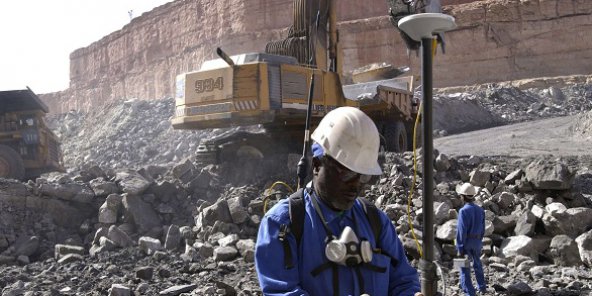The Nigerien government has announced the nationalization of the Société des mines de l’Aïr (Somair), a uranium joint venture previously operated by the French company Orano, marking a definitive break with one of its oldest mining partners. In a statement broadcast on national television on Thursday, June 19, the Nigerien government mentioned the end of…...
Trending
- In Morocco, Senegalese PM Ousmane Sonko combines diplomacy and economy
- Ababacar S. Diaw: “Every operation must create value for the market”
- BRVM smashes the 14,000 billion CFA francs market capitalization mark
- Financial Afrik Awards: “Africa must take back control of its narrative,” says Thione Niang
- Cameroon: the prospect of a new electoral delay increases country risk
- Moody’s upgrades Kenya’s sovereign rating to “B3”, driven by strengthening foreign exchange reserves
- Ivory Coast: Emergency operation to buy back unsold cocoa stocks taking shape
- USA-Iran, the logic of brute force


